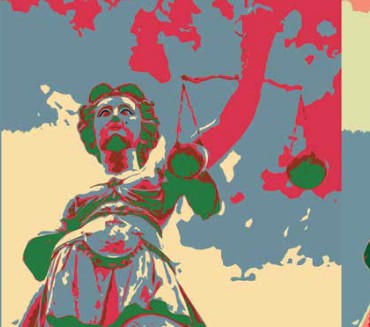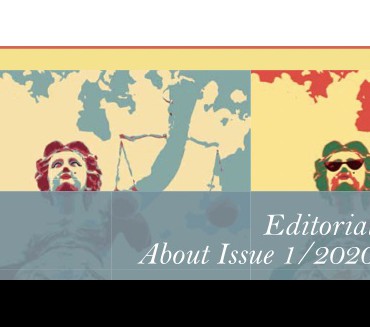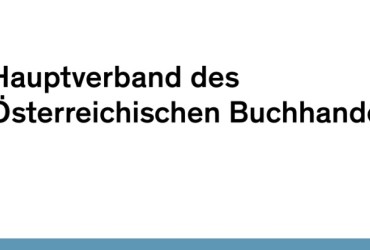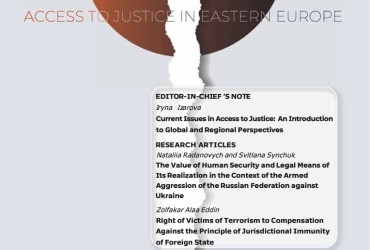In this year of 2020 two significant events will happen – an anniversary of the Convention for the Protection of Human Rights and Fundamental Freedoms, better known as the European Convention on Human Rights and the finalization of the European Rules of Civil Procedure, which is being produced jointly by the European Law Institute (ELI) and the International Institute for the Unification of Private Law (UNIDROIT).
The role and meaning of these two events for the European and worldwide civil justice evolution is noteworthy: the European Convention on Human Rights is the cornerstone for a just and fair trial worldwide. The project ‘From Transnational Principles to European Rules of Civil Procedure’ started in 2013 and now has approached the most final stage. It is referred to as one of the most ambitious attempts to execute a common vision of contemporary civil justice, which is presently facing the challenges across Europe.
I am truly grateful to our artist, who has surprised and delighted us with a new inspiring cover design of AJEE 2020, helping to express all the most current legal science trends, in particular, the idea of unity and diversity in contemporary civil justice, which grew in national states of the XIX-XX centuries within their vision of unique peculiarities of litigation. Now the sustainable development of humanity requires a new vision of access to justice, which gives us a proper ground for reflection: what does a right to a fair trial mean in a sustainable world? How to avoid differences and inequality in a trial?
Taking these into consideration, in the current issue of AJEE we are happy to announce an excellent article of professor C. H. van Rhee related to one of the most disputable questions of the obligations of the judge and the parties in litigation. In this essay, you may find the background of these ideas and proper arguments with all necessary proofs for bringing them into life within the ELI-Unidroit project.
Despite the traditional vision of justice as a fundamental public commitment, we may discover a new approach of private justice in Tatjana Zoroska Kamilovska’s essay titled ‘Privatization of Civil Justice: Is it Undermining or Promoting the Rule of Law?’.
The Polish civil procedure and judiciary have been significantly striking in recent years by continuing to discover new features. In this Issue we acknowledge the new public hearing issues in Poland in the article written by of Agnieszka Gołąb.
The Ukrainian reforms of the judiciary and related institutions are still ongoing and we are delighted to introduce the conference paper of a young researcher, Vladyslava Turkanova, concerning a new glance at a never-ending problem of enforcement in Ukraine – the probability of openness and transparency in organizing enforcement aimed to check and control its effectiveness.
On behalf of the Editorial team I express our sincere gratitude to our authors for their substantial contribution! My unreserved appreciation to all the talented and helpful team members, hawk-eyed reviewers, editors and our publisher, who surround us.
We are proud to share an announcement of the Special Issue on the occasion of 70 years of the European Convention on Human Rights we are preparing. The deadline for submissions is 1 August 2020.
Chief-Editor
Dr. Iryna Izarova,
Professor, Law Faculty,
Taras Shevchenko National University of Kyiv, Ukraine
TABLE OF CONTENTS
Editorial
About Issue 1/2020
C.H. (Remco) van Rhee
Towards Harmonised European Rules of Civil Procedure: Obligations of the Judge, the Parties and their Lawyers
Tatjana Zoroska Kamilovska
Privatization of Civil Justice: Is it Undermining or Promoting the Rule of Law?
Agnieszka Gołąb
Recent Developments in Polish Civil Procedure in the Field of Public Hearing
Conference Papers
Vladyslava Turkanova
Open Enforcement: New Approach of Ukraine in Access to Justice








